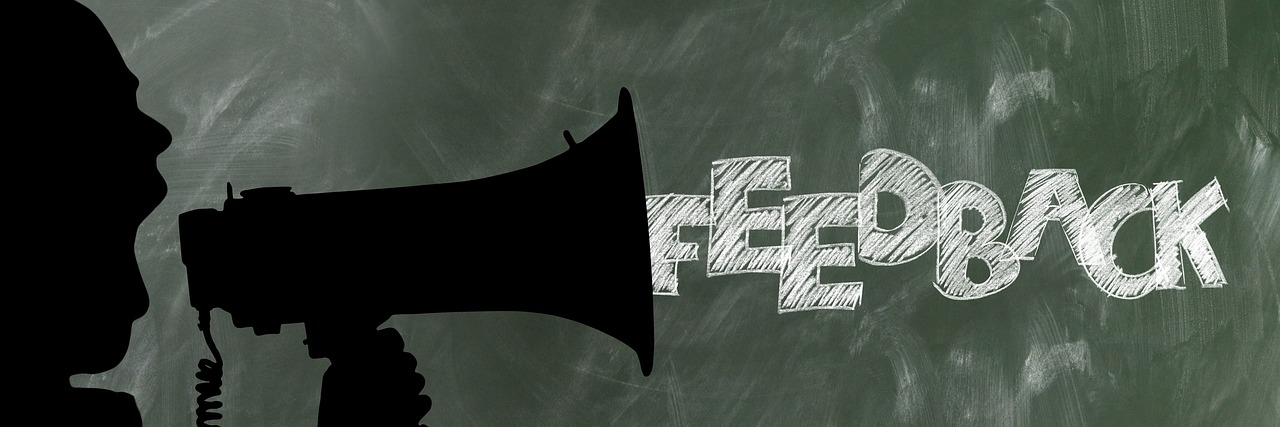The Psychology of Decision Making: Behavioral Economics and Consumer Choices
Emotions play a significant role in decision-making processes, often guiding individuals towards certain choices. When faced with a decision, emotions can act as powerful influencers, impacting perceptions and judgments. Whether it’s excitement, fear, or sadness, emotions can color our decision-making process and lead us towards outcomes that align with our emotional state.
In addition to influencing our choices, emotions can also provide valuable insight into our underlying values and priorities. By paying attention to the emotions that arise during decision-making, individuals can gain a deeper understanding of what truly matters to them. This self-awareness can help in making decisions that are more aligned with personal values, leading to greater satisfaction and fulfillment in the long run.
The Influence of Cognitive Biases on Consumer Choices
Cognitive biases play a significant role in shaping consumers’ decision-making processes. These biases are often unconscious mental shortcuts that impact how individuals interpret information and make judgments. For example, confirmation bias leads people to seek out information that supports their existing beliefs, while availability bias causes individuals to overvalue easily accessible information when making decisions.
Furthermore, anchoring bias can heavily influence consumer choices by anchoring their decisions based on initial information, even if it may not be relevant or accurate. This can sway individuals to make irrational decisions or be heavily influenced by the first piece of information they encounter. Understanding these cognitive biases is essential for marketers and businesses to effectively communicate with consumers and design strategies that mitigate the impact of biases on purchasing decisions.
How Social Influences Impact Decision Making
Social influences play a significant role in shaping our decision-making processes. Humans are social beings, and we often seek validation and approval from those around us when making choices. Whether it’s purchasing a product, choosing a career path, or even selecting a restaurant for dinner, the opinions and behaviors of others can greatly impact our decisions.
From the clothes we wear to the music we listen to, societal norms and trends heavily influence our preferences and choices. The desire to fit in and conform to the expectations of our social circles can lead to decisions that may not align with our true preferences and values. This pressure to conform can sometimes override our rational thinking and steer us towards choices that are more socially acceptable but may not necessarily be in our best interest.
• Social influences play a significant role in shaping our decision-making processes.
• Humans often seek validation and approval from others when making choices.
• Opinions and behaviors of others can greatly impact our decisions.
• Societal norms and trends heavily influence our preferences and choices.
• The desire to fit in can lead to decisions that may not align with our true preferences.
• Pressure to conform can override rational thinking.
How do emotions play a role in decision making?
Emotions can greatly impact decision making by influencing our perceptions, preferences, and priorities. They can lead us to make choices based on how we feel in the moment rather than on rational reasoning.
What are cognitive biases and how do they affect consumer choices?
Cognitive biases are mental shortcuts that can lead to errors in judgment and decision making. They can affect consumer choices by skewing our perceptions and leading us to make irrational decisions.
How do social influences impact decision making?
Social influences can impact decision making by shaping our beliefs, attitudes, and behaviors. We are often influenced by the opinions and actions of others, leading us to conform to social norms and make choices based on group dynamics.







